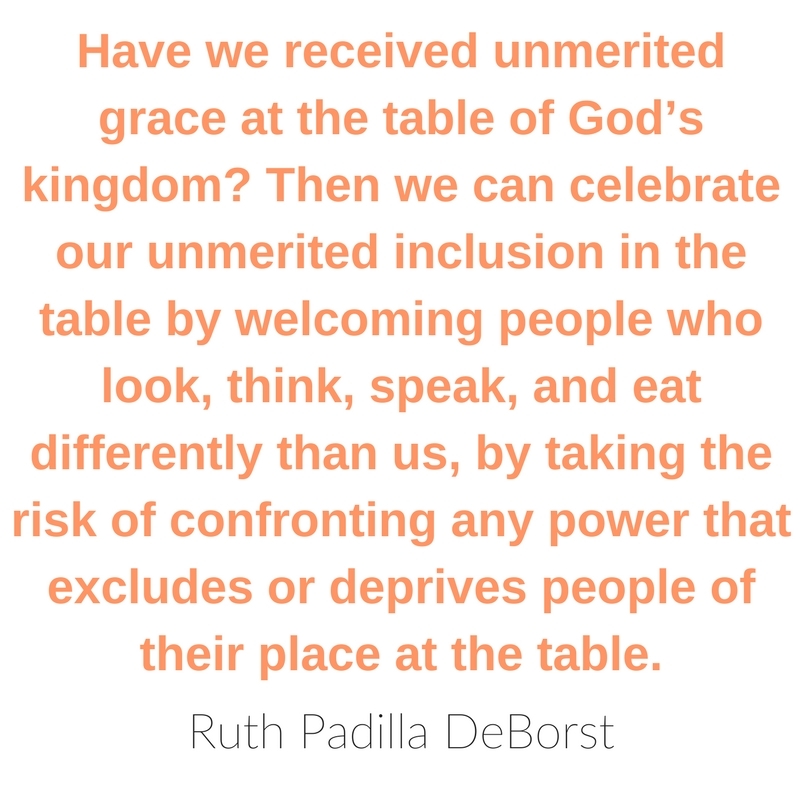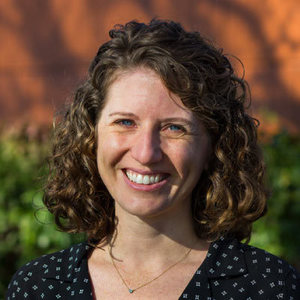In November 2017 I heard Ruth Padilla DeBorst speak about a New Testament church event called “The Jerusalem Collection” at a Biblical Studies conference that hosts almost 10,000 attendees from all over the world. By the end of her talk, the room filled with over 100 theologians and biblical studies experts was quiet and still, deep in thought at the profundity of her words. Dr. DeBorst’s description of the cultural dynamics surrounding Paul’s instructions to Gentile churches all over the ancient mediterranean to give to the famine-starved Jewish believers in Jerusalem, her explanation of Paul’s prayer that these Jewish believers would receive the collection from the very Gentile churches it had helped plant, turned upside down any ethnocentric idea of who ministers to who in cross-cultural contexts.
And her message was clear: the churches of the majority world, where Dr. DeBorst and her husband live and serve, has much to offer north American churches who support their ministry. Biola’s own Dr. Allen Yeh calls this “polycentric missions” - the future of evangelism and mission-work being from everyone to everywhere. After a few moments of stunned and thoughtful silence, the next speaker got up and said, “Now that was a prophetic word.” And this room full of distinguished scholars hummed in awe-struck agreement.

It’s Missions Conference week, a time in which classes are cancelled and our entire community learns together of God’s great work in the world, flowing from the Great Commission offered by Jesus over 2000 years ago. Ruth Padilla DeBorst’s understanding of gospel-centered living is formed by her Latin-American heritage and upbringing, missional living among students in Costa Rica, and a deep understanding of God’s Word and work in the world. During this missions conference week we invite you to listen to Dr. DeBorst’s short Q-talk on Jesus’ welcome of unexpected guests to God’s Banquet Table, and the ways all of our churches might do the same in carrying out the Great Commission.
Peace,

 Biola University
Biola University




